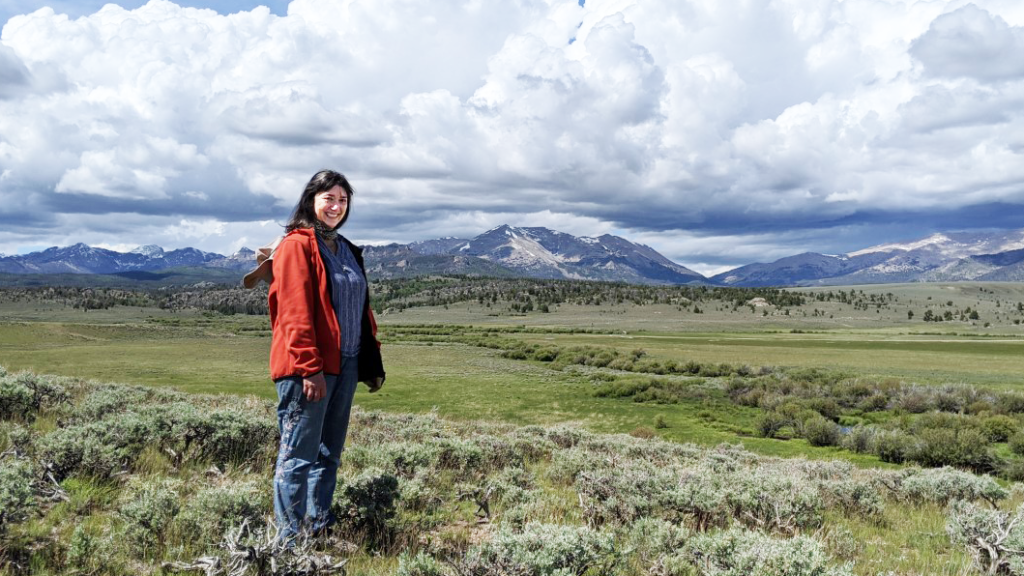Health
-
Lin Test
text with link. This is a quiz. Some text Name Name Quo modo autem philosophus loquitur? Tecum optime, deinde etiam cum mediocri amico. Invidiosum nomen est, infame, suspectum. Name Name…
-

Gender-affirming care is rare, study says
Fewer than 1 in 1,000 transgender youth receive hormones or puberty blockers

-

Nature offers novel approach to oral wound care
Slug’s sticky mucus inspiration behind adhesive hydrogel that can seal wounds in wet environment

-

Time for a rethink of colonoscopy guidelines?
Change informed by new findings would help specialists focus on those most at risk, researcher says

-

Should pharmacists be moral gatekeepers?
‘The problem is not opioids,’ says author of ‘Policing Patients’ — it’s overdose, pain
-

The deadly habit we can’t quite kick
Actions by tobacco companies worry researcher even amid ‘dramatic decrease’ in smoking among young Americans

-
‘A metabolic tug-of-war’
Researchers find that obesity allows cancer cells to outcompete tumor-killing immune cells in a battle for fuel in mice.
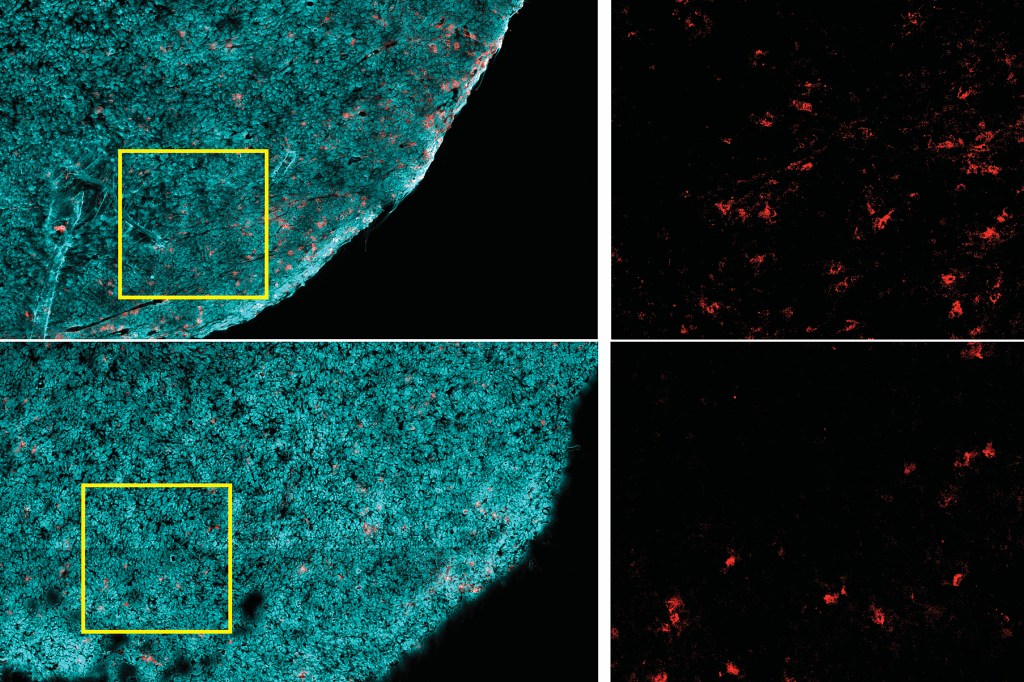
-
Closing the gap
Mortality rate after cancer surgery drops during 10-year period, but gap persists between Black and white patients.
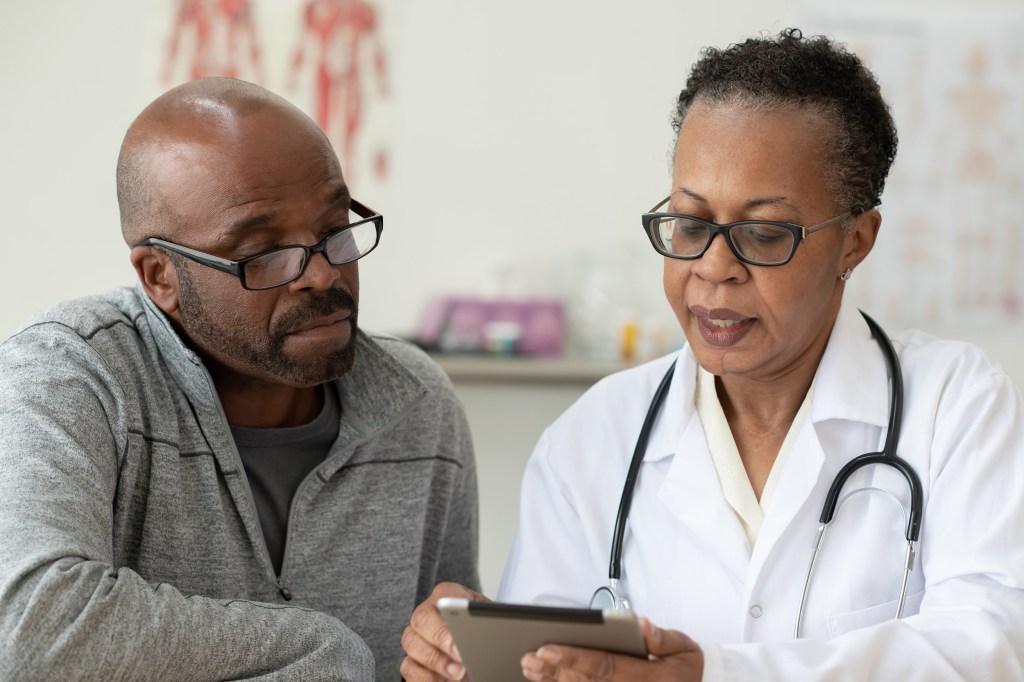
-
Collective action for collective healing
Thomas Hübl, founder of the Academy of Inner Science, will offer a three-part workshop to Harvard faculty and staff to help them cope with the demands of the COVID-19 pandemic.
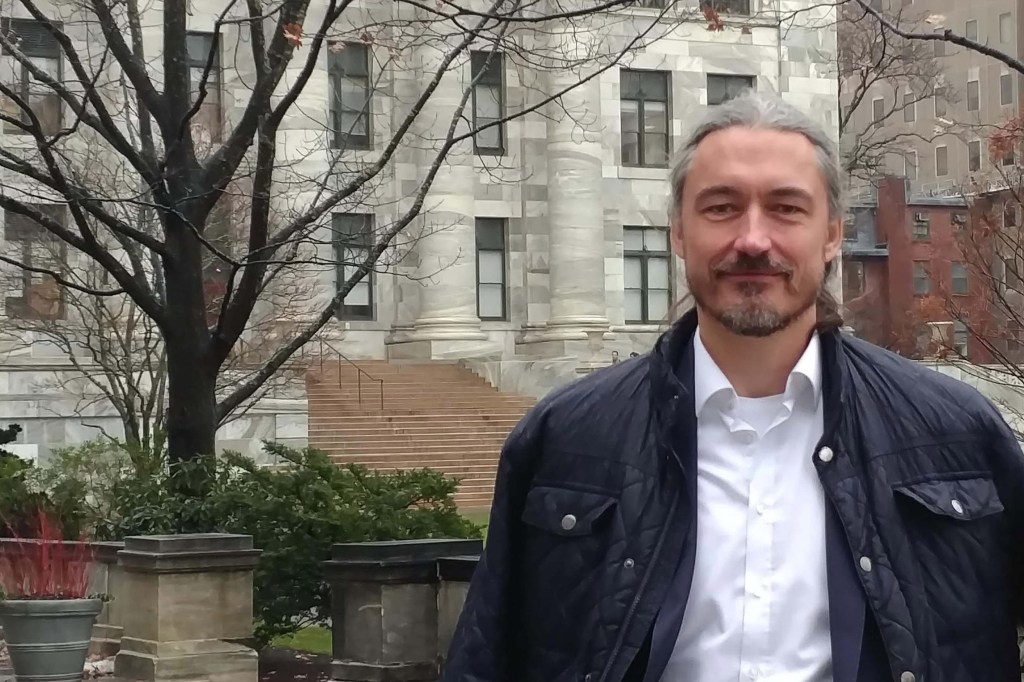
-
Will there be a serious post-Thanksgiving COVID surge?
Evidence of a post-Thanksgiving surge should be emerging this week, a Harvard epidemiologist said, advising people who gathered together to get tested or assume they’re infected.
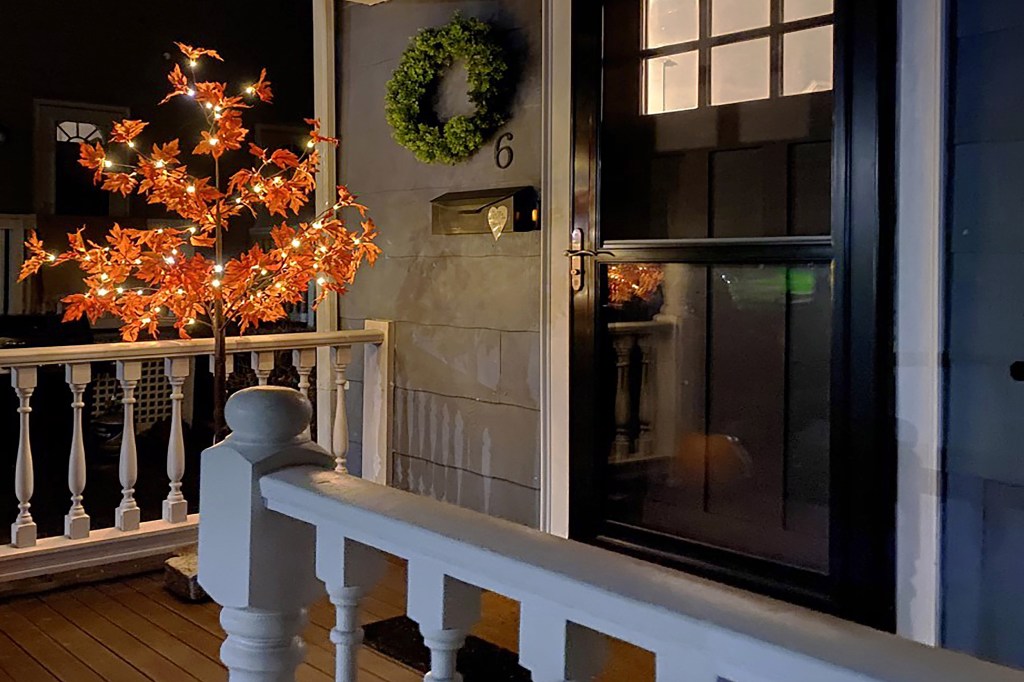
-
Seeing clearly again
Harvard Medical School scientists reverse age-related vision loss, eye damage from glaucoma in mice.
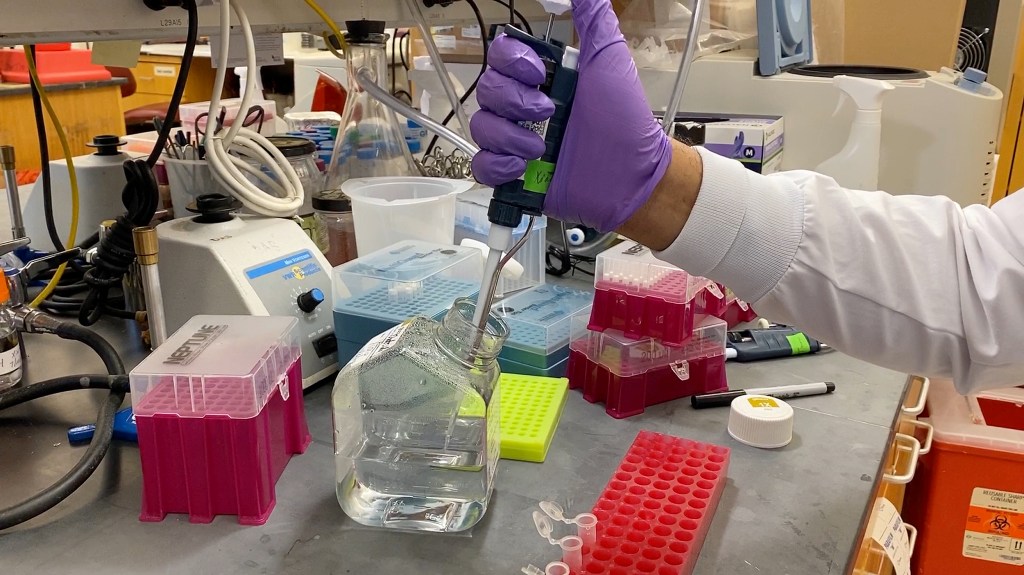
-
U.S. failed to control pandemic, but vaccination provides ‘chance to get next phase right’
Experts said the complex rollout of a coronavirus vaccine gives the U.S. a chance for a win after the virus gained the upper hand in its initial phase.
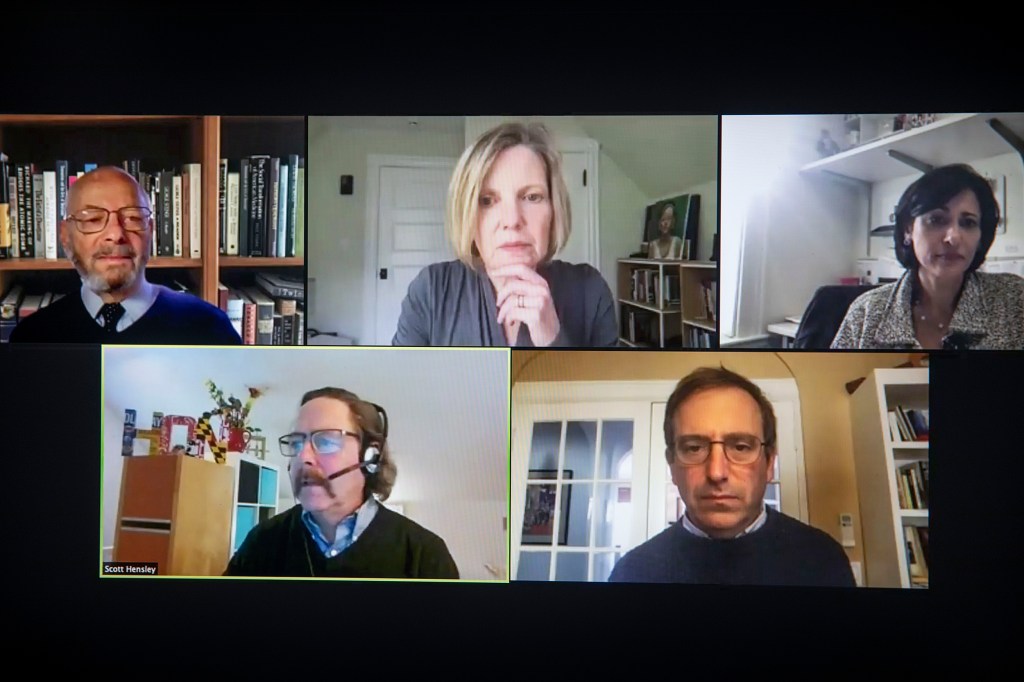
-
‘A terrific first start’
Barry Bloom from the Harvard T.H. Chan School of Public Health offers context about the news that two experimental vaccines appear to confer a high level of protection from the coronavirus.
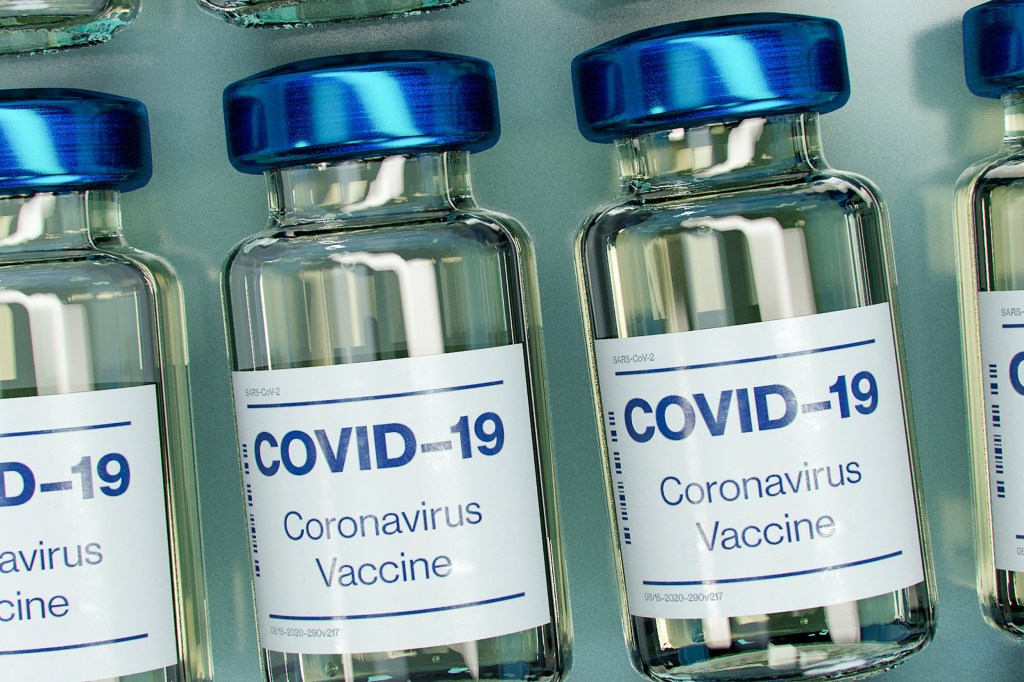
-
Have yourself a happy, healthy pandemic Thanksgiving
Harvard psychiatric epidemiologist Karestan Koenen said acknowledging that this Thanksgiving will be hard is a first step toward a meaningful holiday.
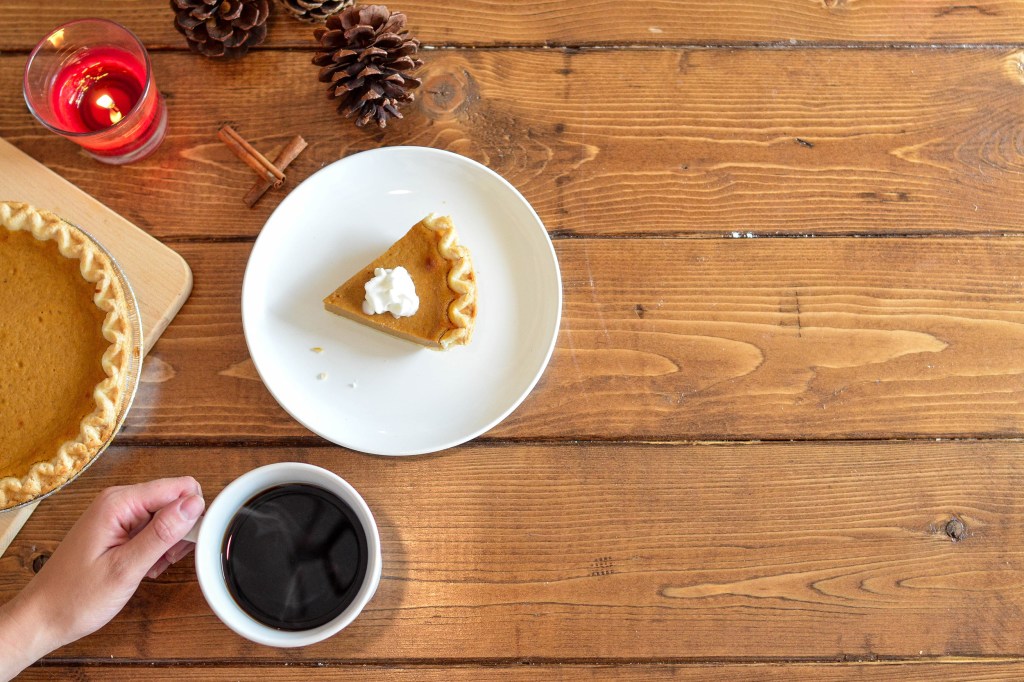
-
Early details of brain damage in COVID-19 patients
Massachusetts General Hospital researchers examined six patients using a specialized magnetic resonance technique and found that COVID-19 patients with neurological symptoms show some of the same metabolic disturbances in the brain as patients who have suffered oxygen deprivation from other causes.
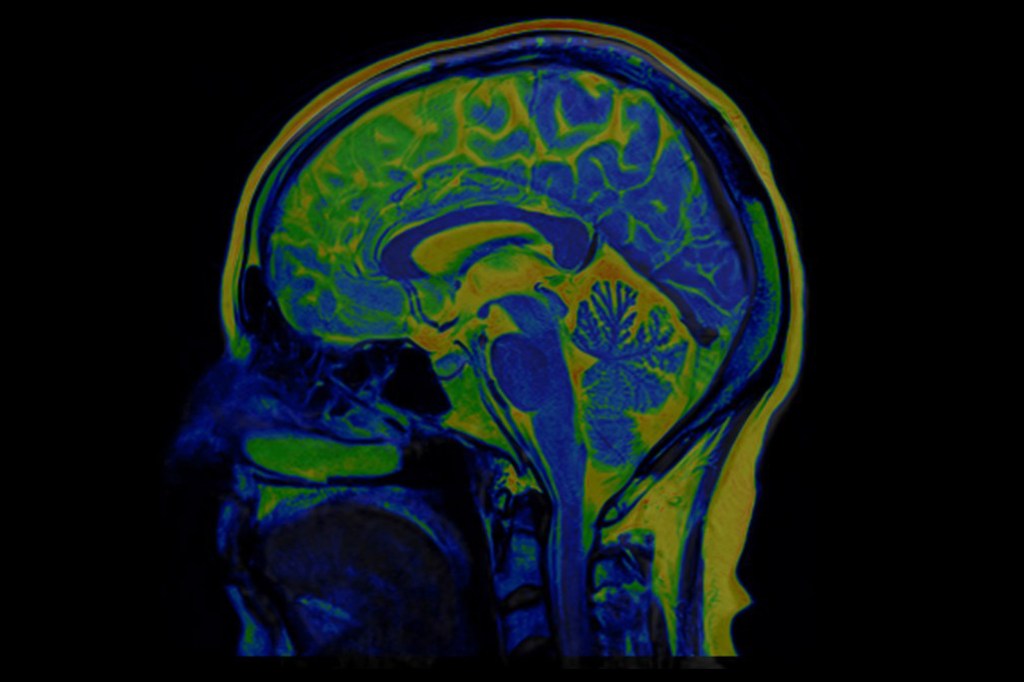
-
Turning the problem of cancer metastasis into an opportunity
Delivering immune-stimulating nanoparticles to the lungs via red blood cells halts tumor growth in mice.

-
12-minute exercise bursts offer big benefits
A new study describes how a 12-minute burst of cardio exercise impacted more than 80 percent of circulating metabolites, including pathways linked key bodily functions such as insulin resistance, oxidative stress, vascular reactivity, inflammation, and longevity.
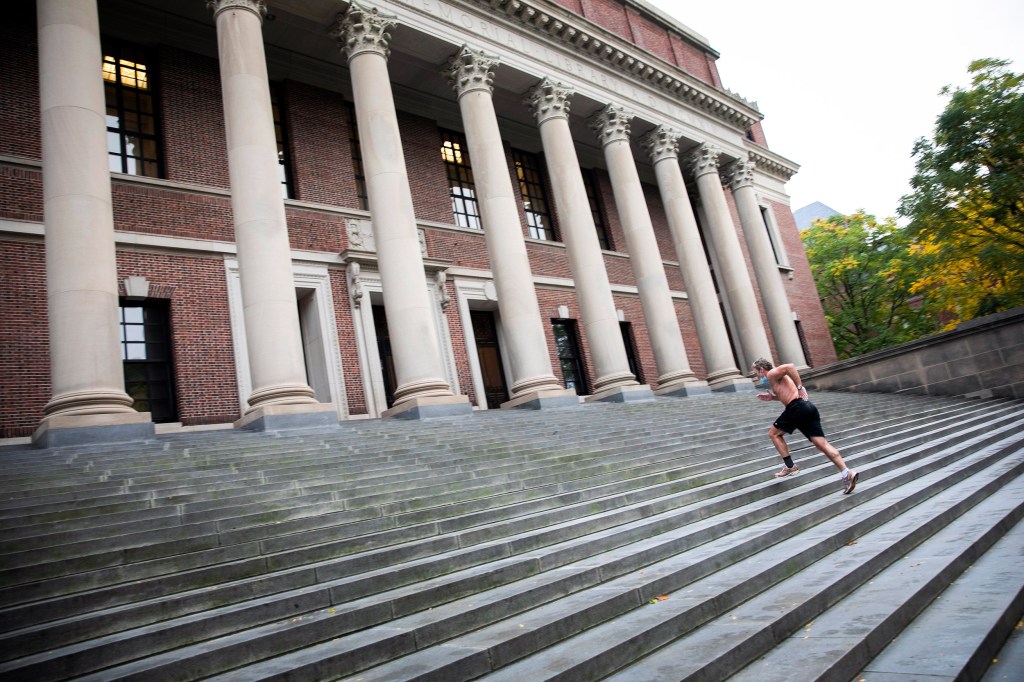
-
Antibody evolution may predict COVID-19 outcomes
For COVID-19, the difference between surviving and not surviving severe disease may be due to the quality, not the quantity, of the patients’ antibody development and response, suggests a new study.
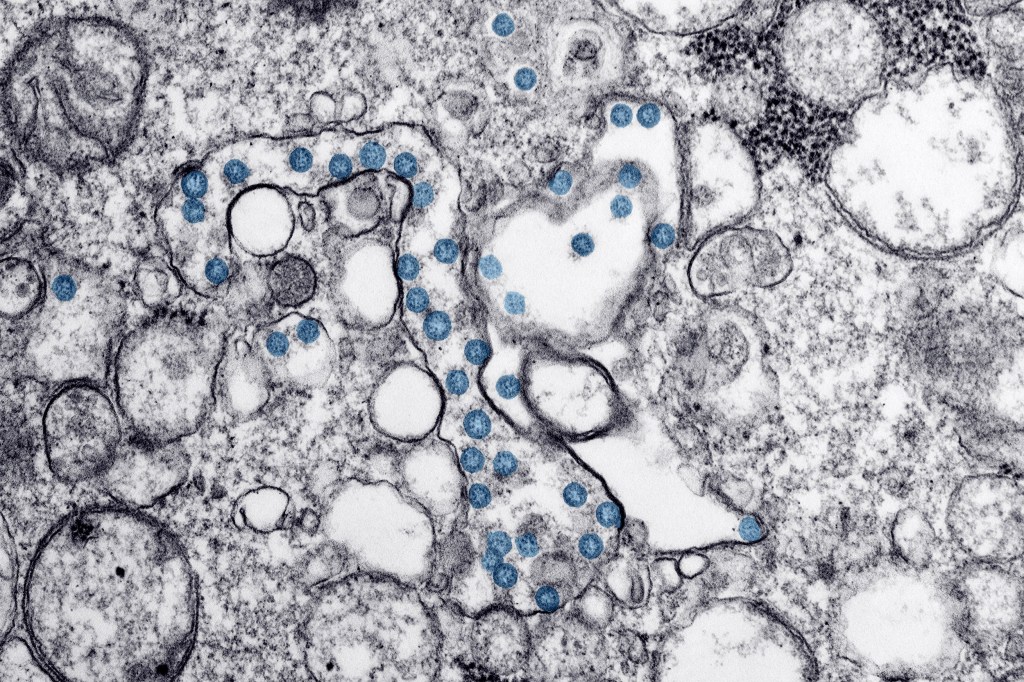
-
AI revolution in medicine
As part of our series, artificial intelligence is examined through the medical lens. It may lift personalized treatment, fill gaps in access to care, and cut red tape, but risks abound.
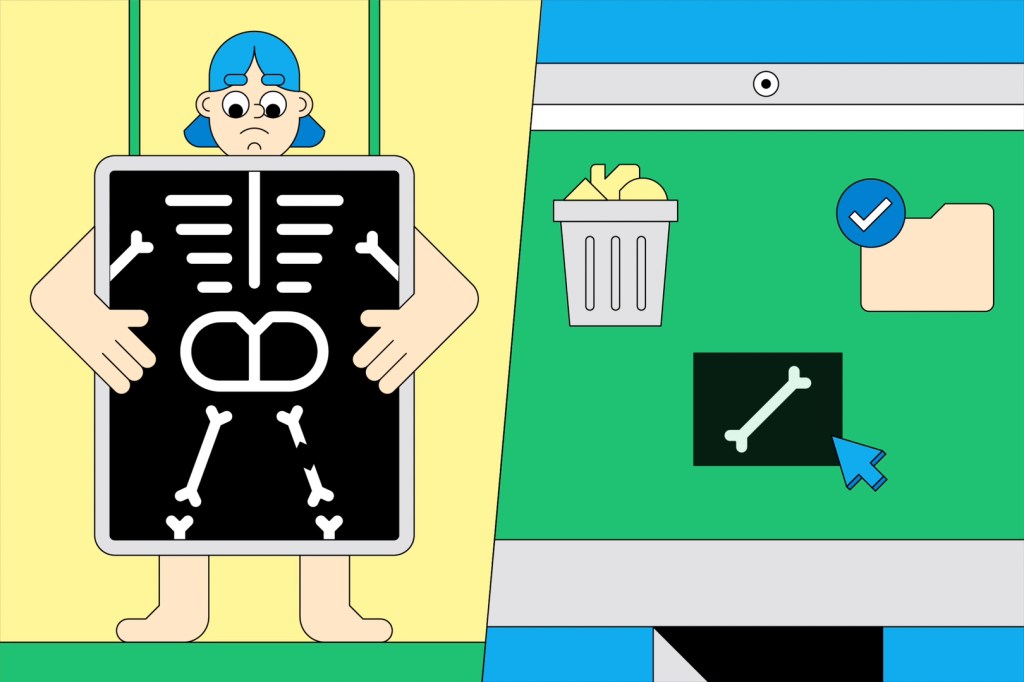
-
Keeping safe from pandemic during the holidays
William Hanage, an associate professor of epidemiology at the Harvard T.H. Chan School of Public Health, offers key advice as the holidays approach.
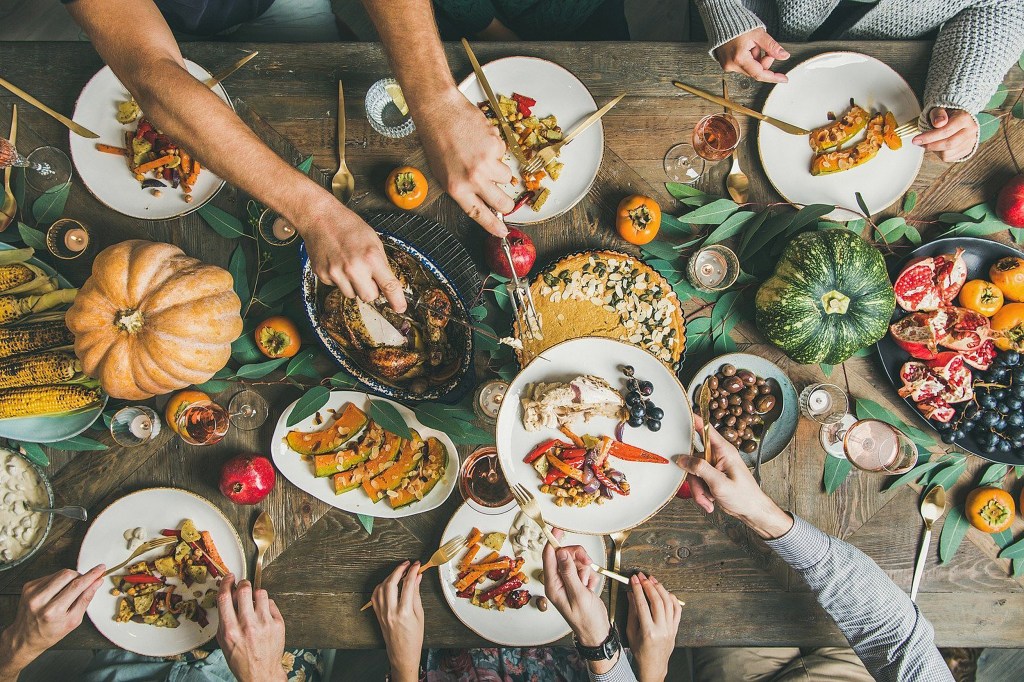
-
Feeling election stress? Stop hitting ‘refresh’
Harvard psychologists offer tips to survive political stress and strain
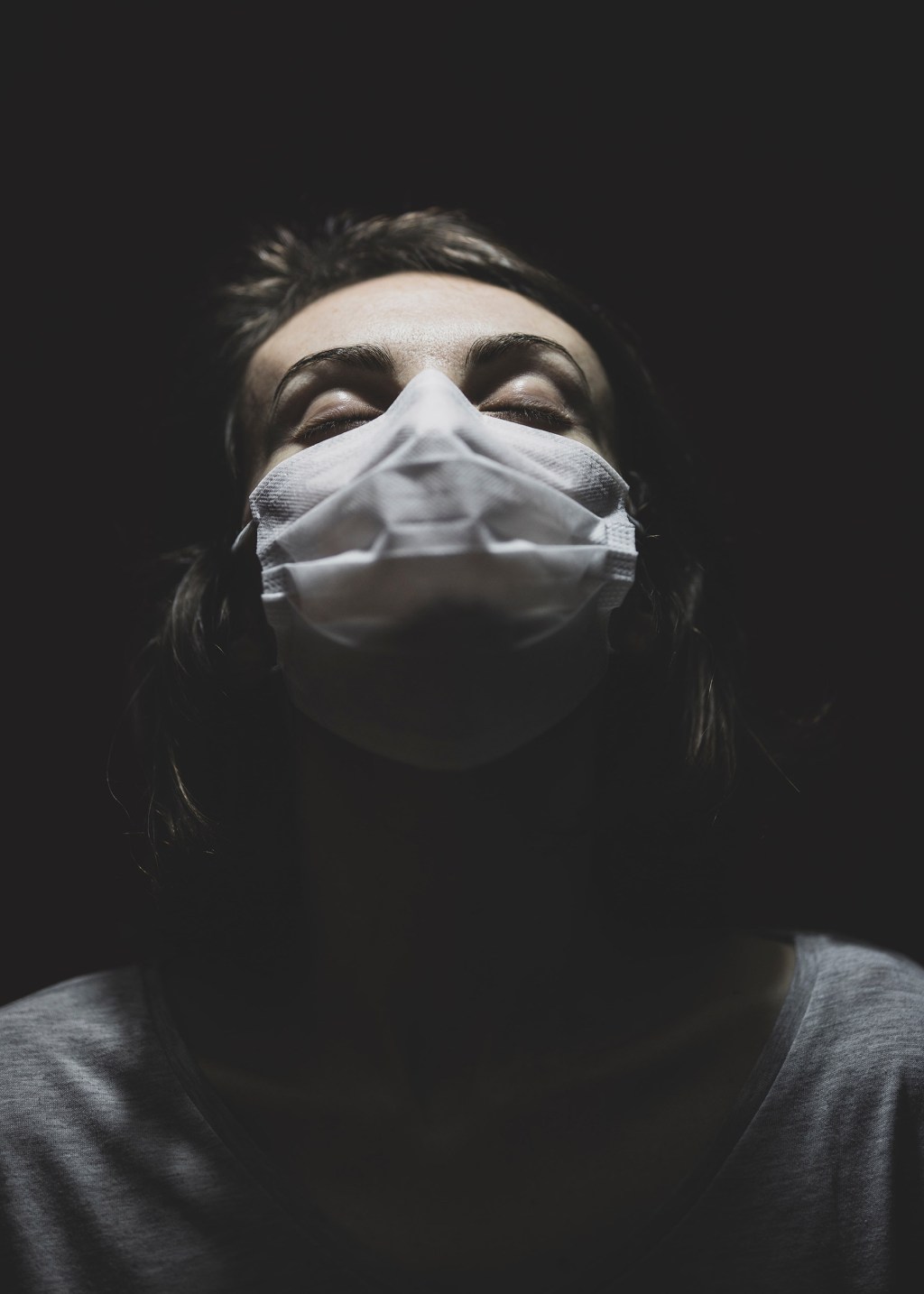
-
Vaccine close, but it likely won’t be a silver bullet
Medical experts say a vaccine will be a key development in the fight against the coronavirus, but warned against thinking its deployment will mean the fight is over.
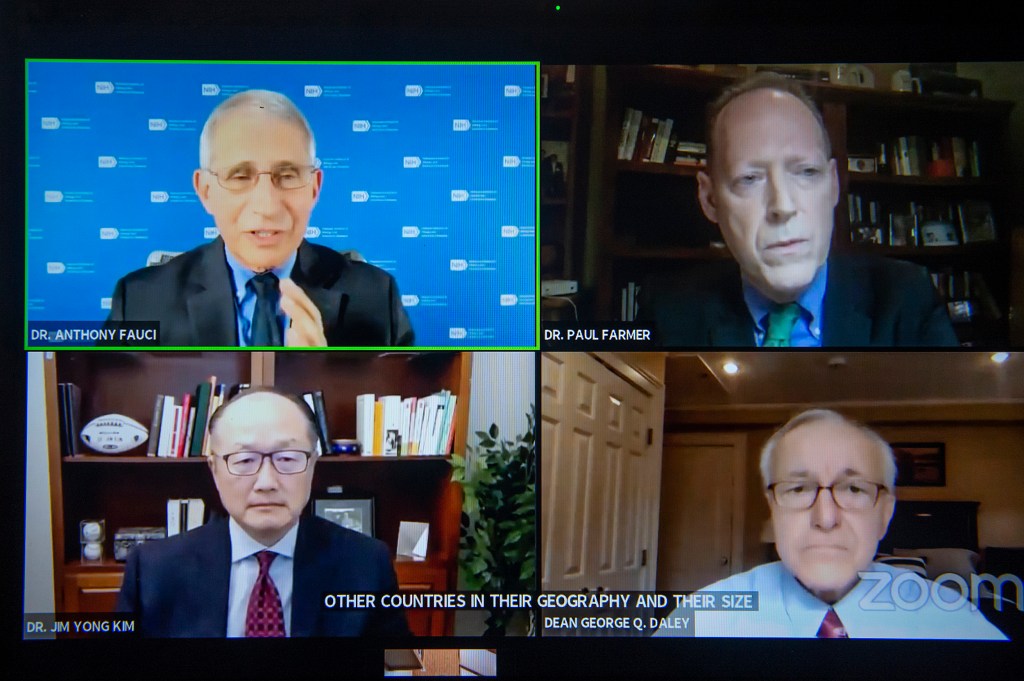
-
Nipping COVID in the bud
A new trial at Beth Israel Deaconess Medical Center is aiming to disrupt COVID-19’s attack early in its course by treating patients immediately after symptoms appear with a widely used antiviral drug that, if it works, could be rapidly repurposed to fight the coronavirus.
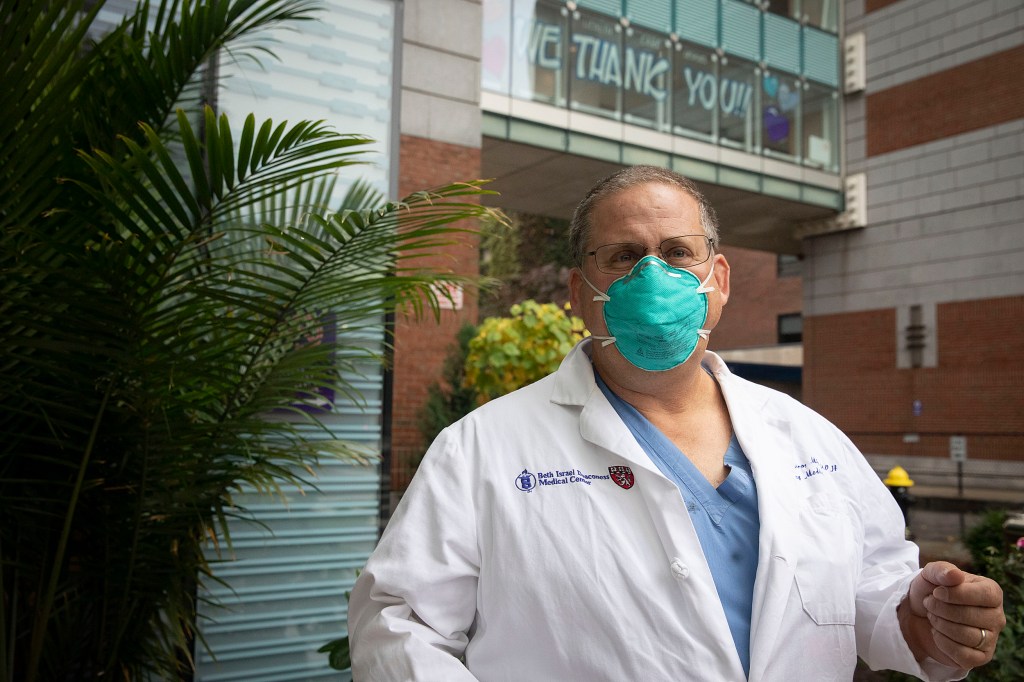
-
COVID’s triple whammy for Black students
College students of color not only face a disproportionate risk of contracting COVID-19, they are particularly vulnerable to its psychological damage — especially when the longtime struggle against inequality and the current financial crisis are factored in, said speakers at a virtual Harvard forum.
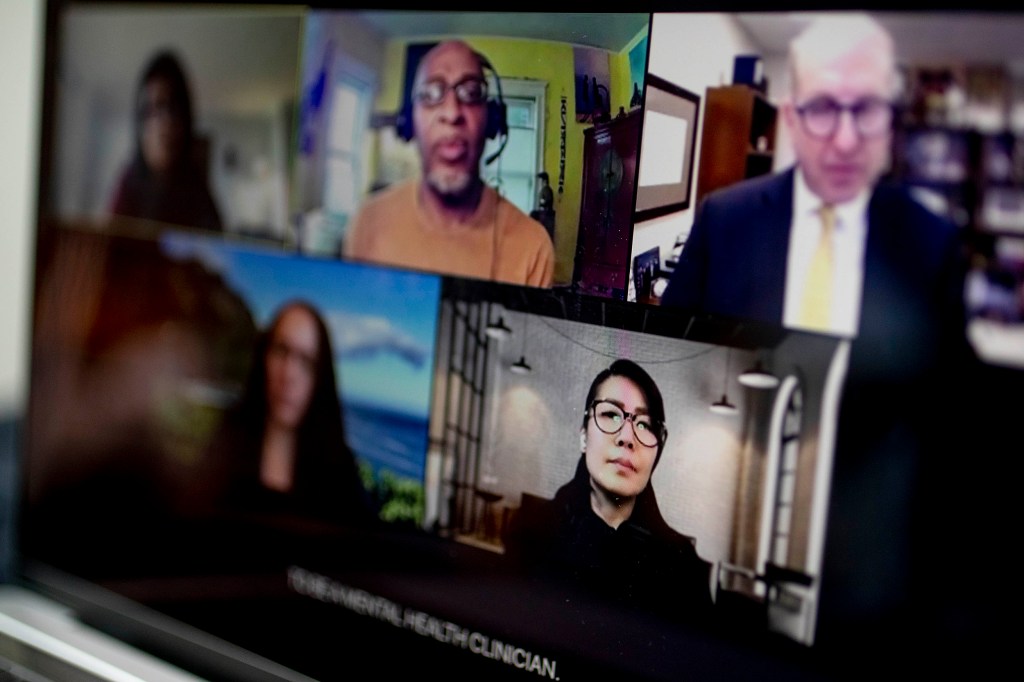
-
Calculating possible fallout of Trump’s dismissal of face masks
Looking at the public health effects, and perhaps mortality rate, from President Trump’s running dismissal of wearing face masks to minimize the spread of coronavirus.
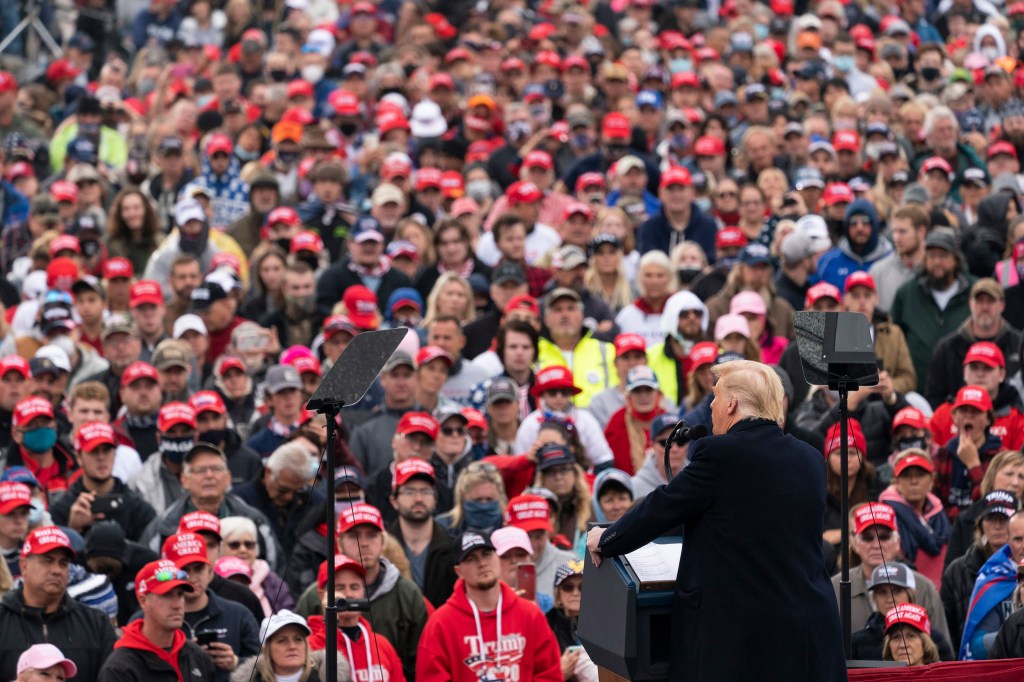
-
An unhealthy influencer
Risk factors for heart health, such as smoking, unhealthy diets and minimal physical activity, may seem personal, but for people who are married or in a domestic partnership, the behavior patterns of one person may be strongly linked to the patterns of the other.

-
Investigational ALS drug slows progression
An experimental medication that was recently shown to slow the progression of ALS has now demonstrated the potential to also prolong patient survival.
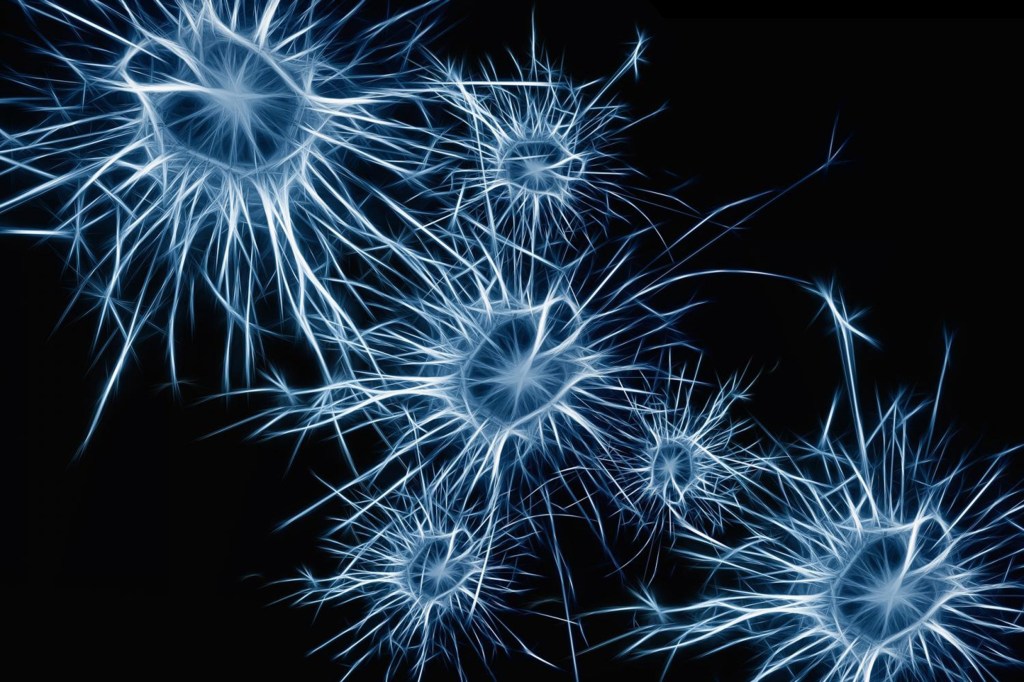
-
Breakthrough blood test developed for brain tumors
Researchers have developed a liquid biopsy that can more accurately detect the most common type of adult brain tumors.
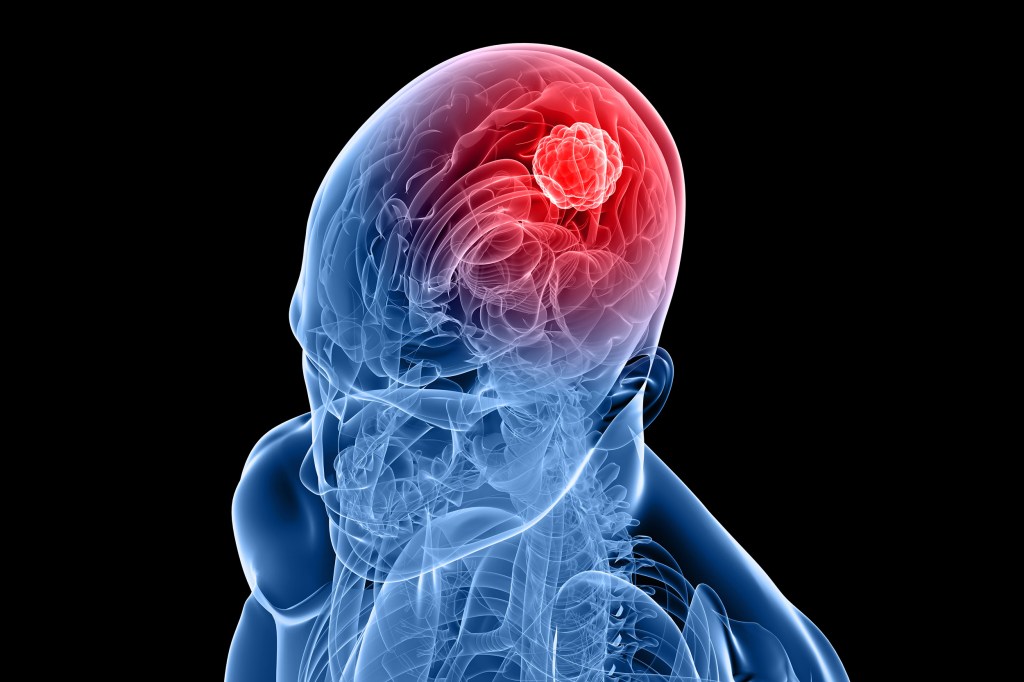
-
Is go-slow schools’ reopening failing kids?
Harvard Chan School’s Joseph Allen gives America an “F” on school reopening efforts, and says we’re in danger of losing thousands of virtual dropouts and wasting mild late summer/early autumn weather we could use to boost in-person learning.

-
Heart attack uptick attached to 2016 presidential election
Two days after the 2016 presidential election, hospitalization rates for heart attacks and strokes were 1.62 times higher than the same two days the week prior, based on information supplied by a large southern California health system.
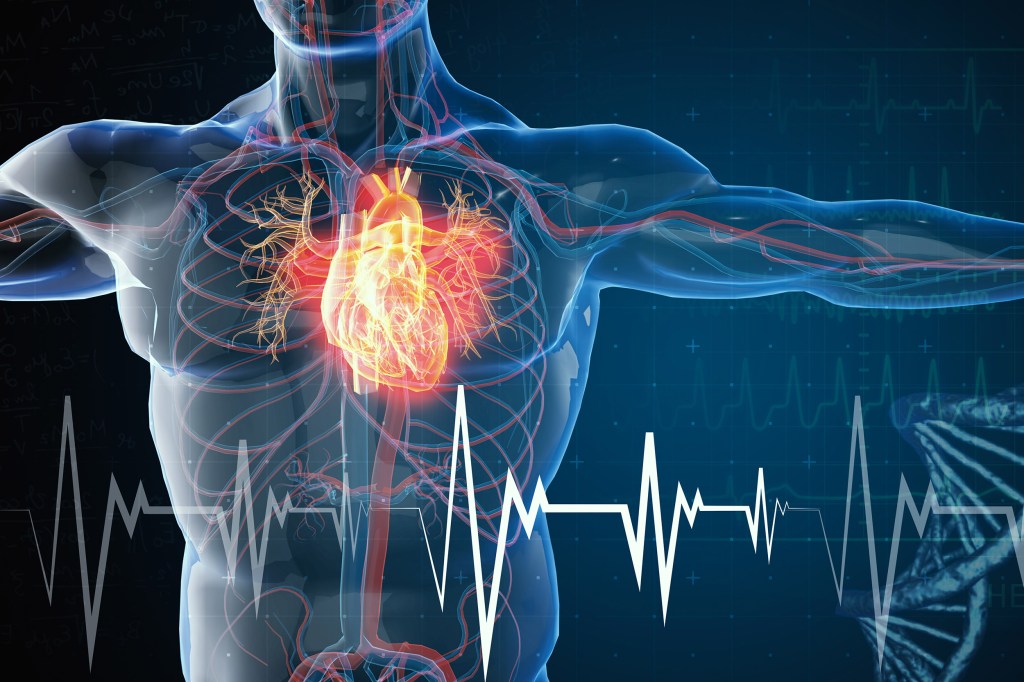
-
Protection against reinfection
A new study shows that people who survive serious COVID-19 infections have long-lasting immune responses against the virus.
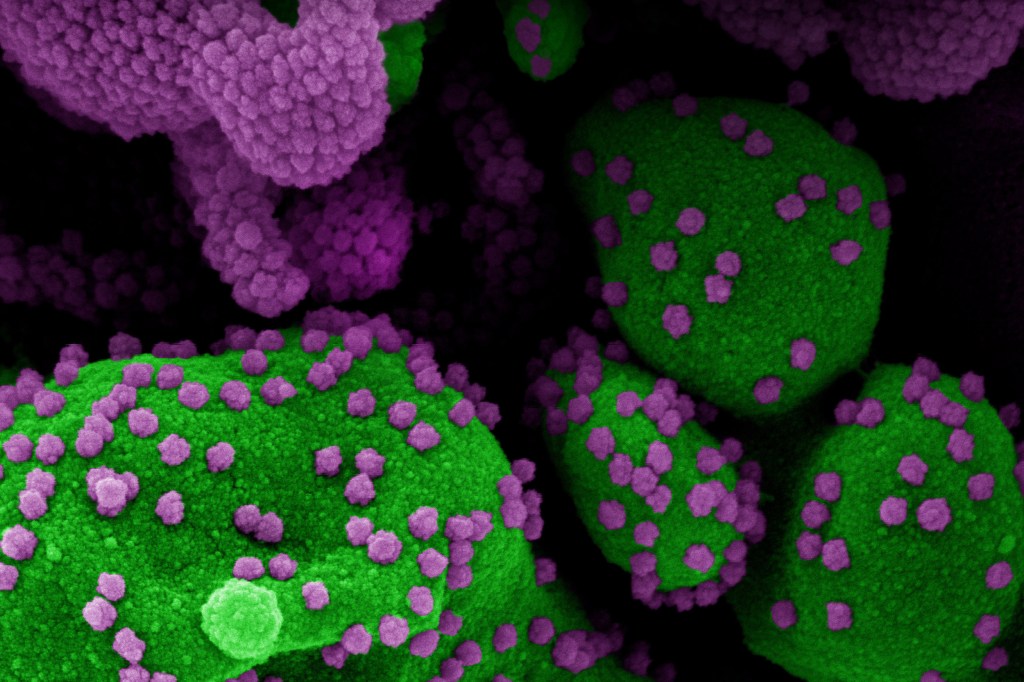
-
COVID-19 and cancer
Study represents the most comprehensive scientific survey to date about the interrelationship between COVID-19 and cancer.
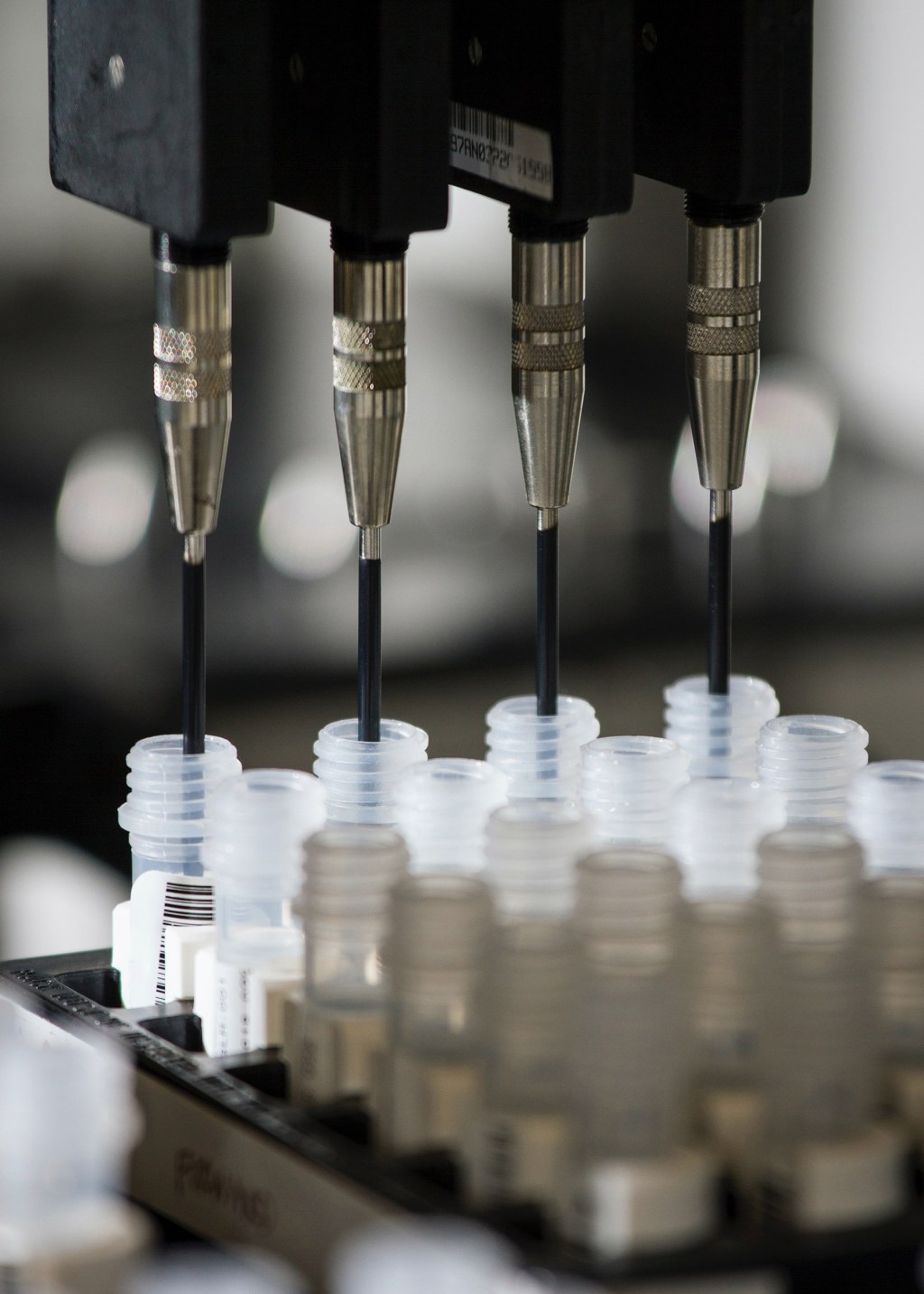
-
International forum cites strong government response as key in battle against COVID
The international forum “Global Perspectives on COVID-19,” co-sponsored by Harvard Medical School, cited the importance of strong, coordinated government response as a key to stopping the novel coronavirus’ spread.
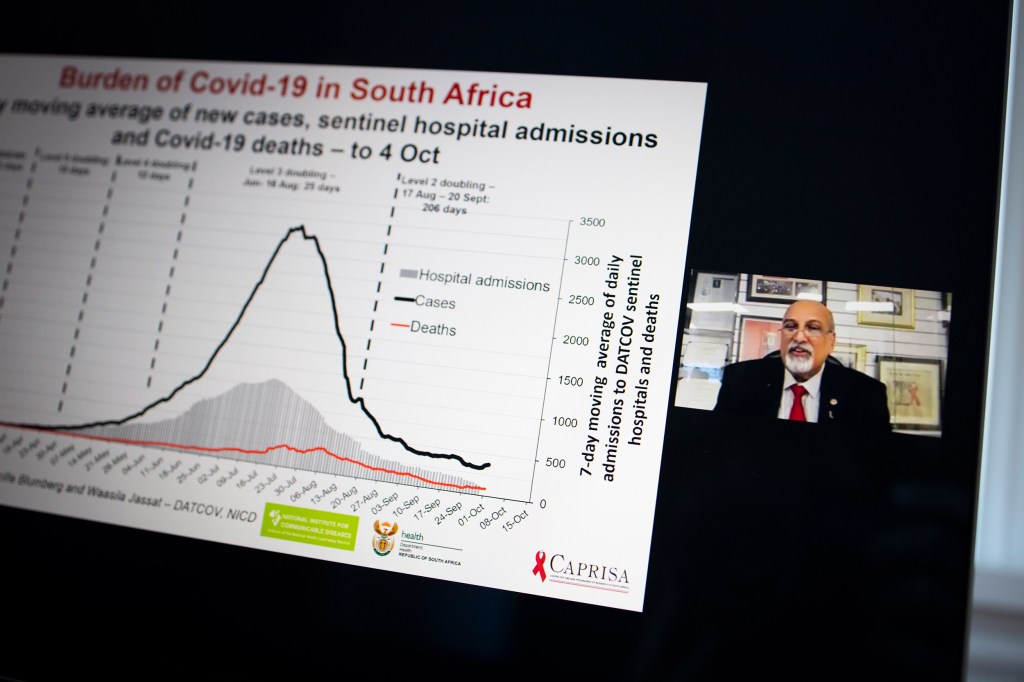
-
At-home COVID testing launches in Boston
The TestBoston study will facilitate at-home testing on 10,000 people for both the SARS-CoV-2 virus and antibodies against it to increase access to testing and surveillance.
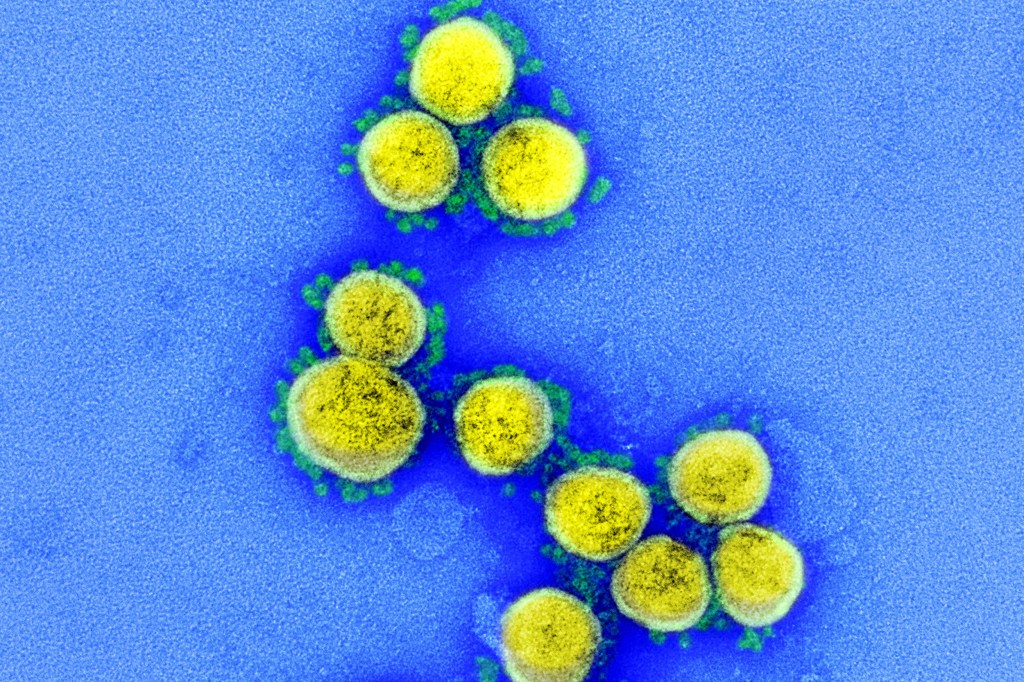
-
Sleep test predicts dementia in older adults
A noninvasive sleep test may help diagnose and predict dementia in older adults by measuring brain activity.
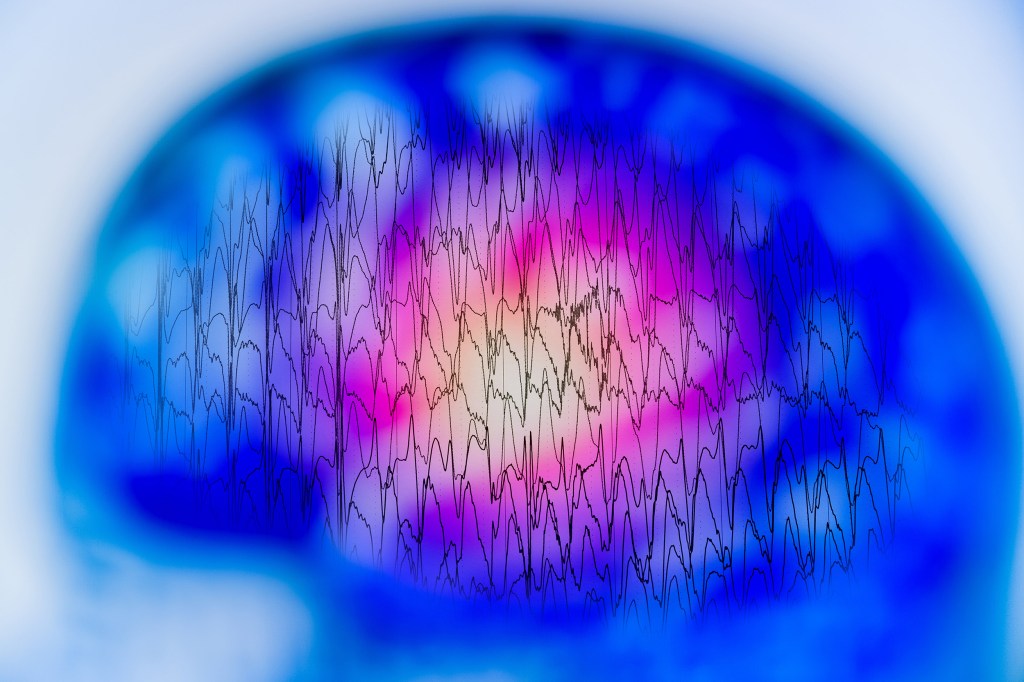
-
Trial run
Monica Bertagnolli is ensuring that more people in her home state of Wyoming are getting the health care that they need.
